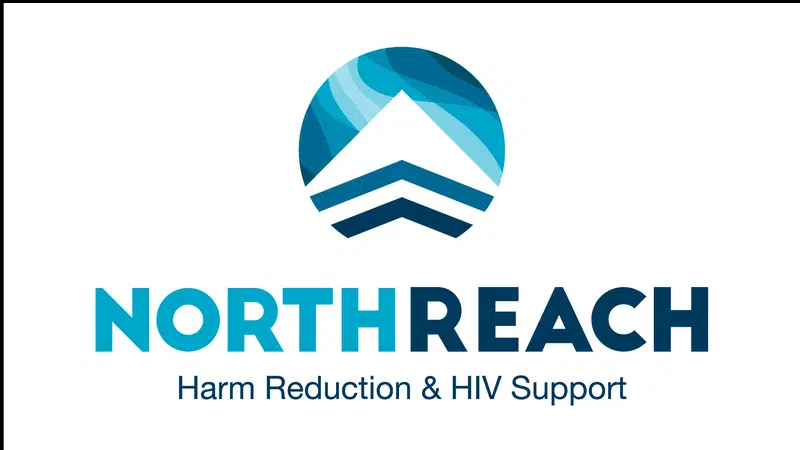
Northreach awaits final report on supervised consumption sites
Premier Jason Kenney announced on Tuesday that a preliminary look at the report on the impacts of supervised consumption sites shows an increase in crime and property damage, and that following the full release of the report, sites across Alberta may need to close or re-locate.
Grande Prairie currently has one mobile SCS run by the Northreach Society.
Melissa Byers, Executive Director of Northreach, says they will have to wait and see the results in the final report.
“We’re just going to keep on with business as usual and keep pushing our supervised consumption site to fall into the continuum of care, which Premier Kenney had addressed, and working with the four pillars to reduce drug-related harm within our community.”
